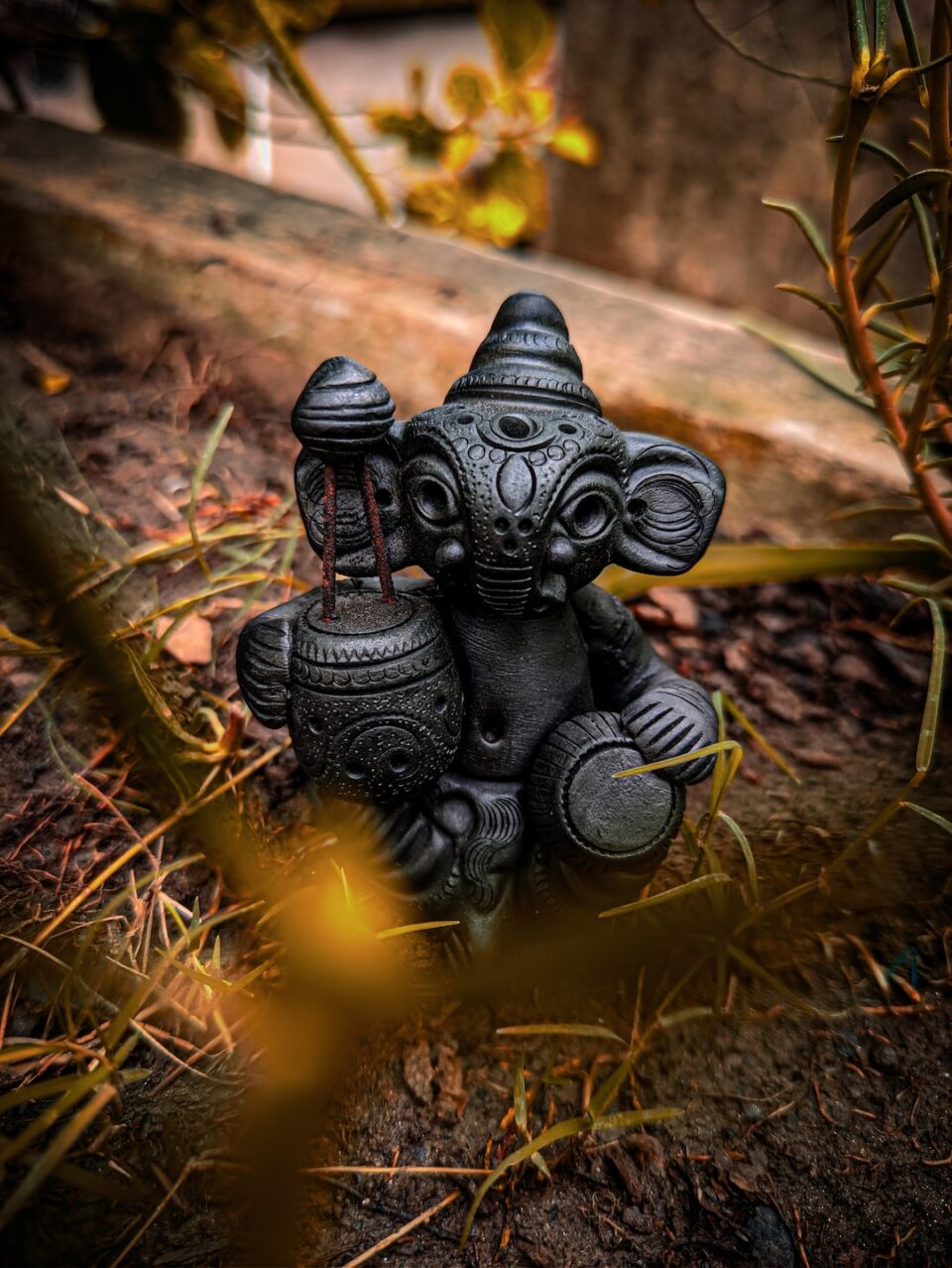Exploring Different Paths to Enlightenment in Various Spiritual Traditions
Enlightenment is a concept that has fascinated philosophers, spiritual seekers, and scholars for centuries. It represents a state of profound understanding and inner peace, where one attains true wisdom and transcends the limitations of the ego. While the path to enlightenment may differ across various spiritual traditions, the ultimate goal remains the same. In this blog post, we will delve into some well-known spiritual paths and their unique approaches to attaining enlightenment.
1. Buddhism: The Middle Path to Liberation
Buddhism, founded by Gautama Buddha over 2,500 years ago, offers a profound insight into the path to enlightenment. The Middle Path, as espoused by Buddha, encourages practitioners to avoid both extreme asceticism and hedonism. By practicing meditation, ethical conduct, and mindfulness, Buddhists seek to cultivate wisdom and compassion, ultimately achieving liberation from suffering.
Buddha emphasized the impermanence and interconnectedness of all things, asserting that attachment and craving are at the root of suffering. By renouncing desire and cultivating mental clarity, Buddhists aim to reach a state of enlightenment, often described as Nirvana.
2. Hinduism: The Yogic Path to Self-Realization
Hinduism encompasses a wide array of spiritual practices and beliefs, all aimed at attaining self-realization and liberation from the cycle of birth and death (Samsara). The yogic path, popularized by the sage Patanjali in his Yoga Sutras, is a widely recognized approach to achieving enlightenment.
Yoga, meaning union, combines physical postures (asanas), breath control (pranayama), and meditation to harmonize the mind, body, and spirit. Through these practices, practitioners seek to still the fluctuations of the mind and realize their true nature, transcending the limitations of the individual self (ego) and merging with the divine consciousness (Brahman).
3. Taoism: The Way of Harmony and Balance
Taoism, originating in ancient China, advocates for living in harmony with the Tao, an all-encompassing principle that underlies and governs the universe. The path to enlightenment in Taoism involves cultivating Wu Wei, which means effortless action or non-action. By not forcing or striving, but rather going with the natural flow of life, one can attain a state of profound simplicity and tranquility.
Taoists also emphasize the practice of meditation, self-reflection, and aligning oneself with the rhythms of nature. Through these practices, followers of Taoism seek to transcend dualistic thinking and merge with the Tao, attaining a state of unity and enlightenment.
4. Sufism: The Mystical Journey to Union with the Divine
Sufism is the mystical branch of Islam, focusing on the direct experience of God and the journey towards spiritual realization. Sufis employ various techniques such as chanting, dancing, music, and whirling to induce altered states of consciousness and reach a state of divine ecstasy, known as fana.
Sufis believe that the path to enlightenment lies in purifying the heart and transcending the ego. By cultivating love, surrender, and devotion to the divine, Sufis seek to merge with the Beloved and attain union with ultimate truth.
5. Indigenous Traditions: Communion with Nature and Ancestors
Indigenous spiritual traditions around the world offer unique perspectives on enlightenment that are deeply rooted in the relationship with nature and ancestors. These traditions emphasize living in harmony with the natural world, recognizing divinity in all living beings, and seeking guidance from ancestral spirits.
Through rituals, ceremonies, and vision quests, practitioners seek to connect with the sacred and gain wisdom from the spirits of the land and their ancestors. The path to enlightenment in indigenous traditions involves honoring and preserving ancestral wisdom and fostering a sacred relationship with the Earth and all its inhabitants.
In conclusion, there is a rich diversity of paths leading to enlightenment across various spiritual traditions. While the specifics may vary, the underlying essence remains constant – the search for profound understanding, inner peace, and unity with the divine. Whether through meditation, yoga, surrender, or communion with nature, each tradition offers a unique entry point for spiritual seekers to embark on their personal journey towards enlightenment. Ultimately, it is the sincere intent and commitment to inner transformation that allows one to experience the infinite depths of enlightenment, transcending the boundaries of the material world and realizing the interconnectedness of all existence.

